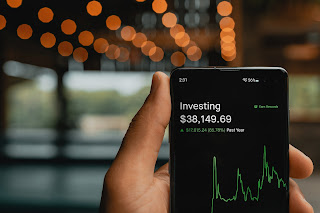What's a good general approach to investment strategy for private investors?

Of course we have to start this article with all manner of disclaimers about doing your own research, but let's try to answer it as best we can... A good investment strategy for private investors will vary depending on the individual's financial goals, risk tolerance, and other factors. However, there are a few general principles that can help investors develop a successful investment strategy. One important principle is to diversify your investments. This means not putting all of your money into one type of investment, or into one specific company or sector. Diversification can help to reduce the risks associated with any individual investment, and it can also help to smooth out the ups and downs of the overall market. By spreading your money across different types of investments, you can increase the chances that at least some of your investments will perform well, even if others don't. Another important principle is to invest for the long term. This means looking beyond









